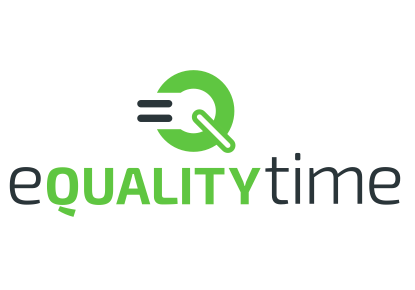Kicking off our series on ‘voices in disability’ we have Frances Ryan!
Frances Ryan writes for both for The Guardian and New Statesman as well as occasionally appearing on shows such as Sunday Politics, Radio 4’s Woman’s Hour, and Radio 5Live. She has a doctorate in politics, exploring inequality in education. She tweets as @DrFrancesRyan and her website is differentprinciples.co.uk.
Interestingly the Guardian doesn’t have a set Disability correspondent. I picked out Frances by the writing a computer script that downloaded every Guardian disability article since 2012 and ranking the authors – Frances was well out in front. I’m glad she was – it’s clear from the interview that she’s smart, funny, and facing the right direction 🙂
JR: Given that the Guardian gives more weight to disability topics than most of the other papers, and you are writing more of the Guardian’s disability content than anyone else, that arguably makes you the UK’s most read disability journalist (possibly rivalled by the BBC’s ouch blog) – is that something you’d considered, and do you think there is a responsibility that comes with that?
JR:do you worry that the disabled bloggers and disabled readers you mention are somewhat self-selecting? In the wider disability space there are many disabilies that are either difficult to consider from a first-person perspective (i.e cognitive disability) or harder to discuss openly (disabilities related to sexual function) – Is it harder to develop good sources in this area?
It’s funny, I think female writers are often encouraged to do that first-person thing – this sort of ‘tell all’ personal pieces – as if we can’t just write about economics or male violence. But with disability, I’d actually really like to see more of that. I am always really happy when I read something on, for example, disability and sex or something intimate and awkward disabled people aren’t really meant to talk about. That isn’t about voyeurism or even awareness for non-disabled readers – I don’t think that’s our purpose in life – but to push past those ‘no go’ barriers in what you see in the media for disabled people. As you say, that stuff is quite hard to discuss – and it can get to a point where the lack of voices in certain areas make disability seem far more homogenous than it is, I think – but it is really valuable. For me, personal experience probably helps motivate what I write but I try to just work on what I’m interested in, not necessarily what I’ve lived through. What matters ultimately, I think, is if you’re passionate about what you’re covering because, as they say, if you don’t care, no one else will.
JR: are there any particular examples where you were slightly surprised to see disability come up as a factor? (My own favourite was in gun control)
I think most weeks, a story comes up when disability’s flagged up as ridiculously relevant or a cultural prejudice around disability distorts the reporting. Abortion stands out, for me. I’m hugely pro-choice and I’ve written a few times about how abortion stories often use disability as a bizarre ‘add on’ – presented as either a strange justification by pro-choicers or hijacked in a really disingenuous, grubby way by anti-choicers. I think also when disability isn’t mentioned in reporting is as telling as when it is. I obviously like to train my brain to yell “FEMINISM” during most disability stories – and that’s the same vice versa. But mainstream discussions of domestic violence, for example, rarely mention disability. When I did a feature for G2 on disabled women who were victims of domestic violence I was genuinely surprised that this seemed new to readers. We’re twice as likely to be victims of abuse than non-disabled women but read most coverage of DV, and disability is completely ignored.

